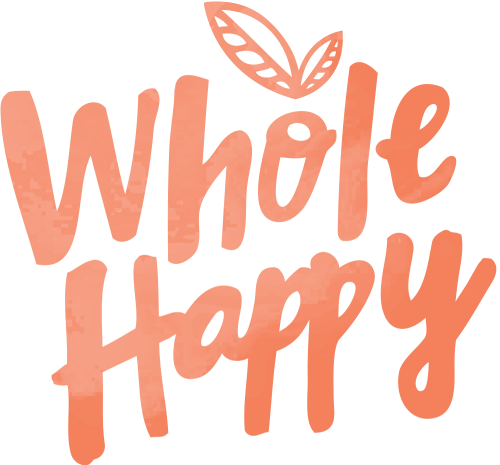10 Second Summary…
- Our cravings are telling us something
- Sometimes it’s a habit, comfort, or emotional crutch
- Sometimes it’s a sign of a nutritional deficiency or imbalance (chart below)
- Read Robb Wolf's book "Wired to Eat" for more on food cravings, appetite control, and understanding why your body does the things it does
The Details…
We’ve all been there: a food or flavour that we can’t get out of our mind and if we don’t consume it is in the next few minutes we might rip someone’s head off. We often poke fun at our dietary obsessions, but what are our cravings telling us?
It’s Simply Habitual
Sometimes it’s pure comfort – a food, flavour or texture that provides us with calmness, happiness, energy, or stress relief. This could be conditioned from the time we were little kids, being “rewarded” for good behaviour with a treat, or perhaps there’s a food that we subconsciously associate with a positive experience. These emotional cravings can be dangerous if not recognized and controlled. We can become emotionally reliant on certain types of foods that are in fact making our stressful or exhausting state even worse. Examples include sugar and caffeine, which in and of themselves are quite stressful to the body. In fact, sugar and caffeine are addictive– there are some shocking studies that show a similar effect on the brain from sugar that cocaine has! Yikes! Either way, this vicious cycle is hard to break, but with some diligence and patience, we can find more healthful alternatives and foods that make us feel happy, healthy and vital, without them being a crutch.
There’s a Deficiency or Imbalance
On the other hand, sometimes our cravings are really giving us a message. If we crave salt, it could mean that our adrenal glands aren’t functioning optimally and our sodium-potassium balance is out of whack. If we are craving fats, it could mean that we’re not getting the right ratios of essential fatty acids in our diet, or that we’re simply not digesting our fats properly due to improper bile secretion from to liver and gallbladder dysfunction. And of course, those out there was a serious sweet-tooth could be dealing with blood sugar imbalances, whereby their body is simply unable to access energy from longer burning sources like fats, so they’re relying on those carb fixes to get through the day. Even more serious, the body could be so inundated with glucose from simple sugar foods that they become insulin resistant. Insulin is needed to shuttle glucose into our cells for energy, but when there is excess glucose in our bloodstream our pancreas pumps out a ton of insulin hoping to get rid of it all. Our cells then “down regulate” from that over-stimulation, and eventually the insulin receptors say “no more!” and close their doors to the insulin response. The result is a very sleepy and unsatisfied person who will crave sweets all the time, especially after meals.
But cravings can also be sparked from vitamin, mineral, and other nutrient deficiencies.
Here are some other food cravings and their associated causes:
Further Reading
Now, the conversation surrounding cravings is complex and complicated. Fortunately, there are amazing minds breaking it down for you in comprehensive books. One of my current favourites is Robb Wolf’s "Wired to Eat". Here, Wolf looks at the neuroregulation of appetite and the disturbances modern life introduces to our body’s natural desire to eat to survive. He takes a deep look into the nuances of cravings and appetite as they’re tied to human nature, and then offers suggestions of how we navigate our modern reality towards greater healthfulness.
So go read this book. It’s incredibly informative and will provide so many answers for you on your journey towards wellness.
And in the meantime, is you’re experiencing a seriously consuming obsession with a certain type of food, take a long hard look at what you might really be needing is terms of nutrients. But if it's just an occasional desire, don’t sweat it. As always, try and find snacks that satisfy your taste buds, but are also nourishing to the body.


